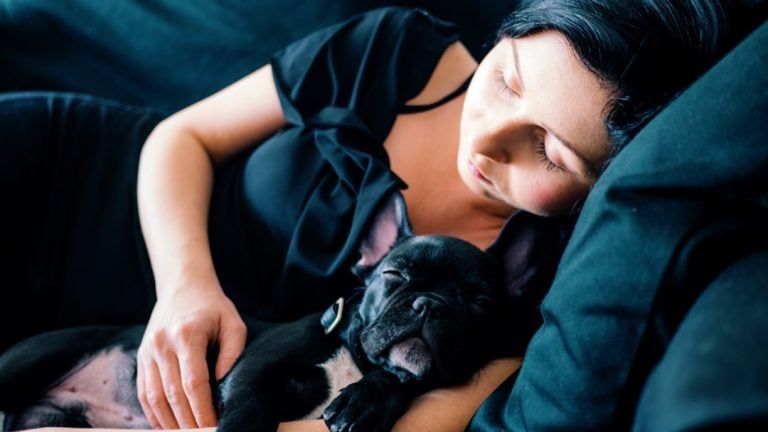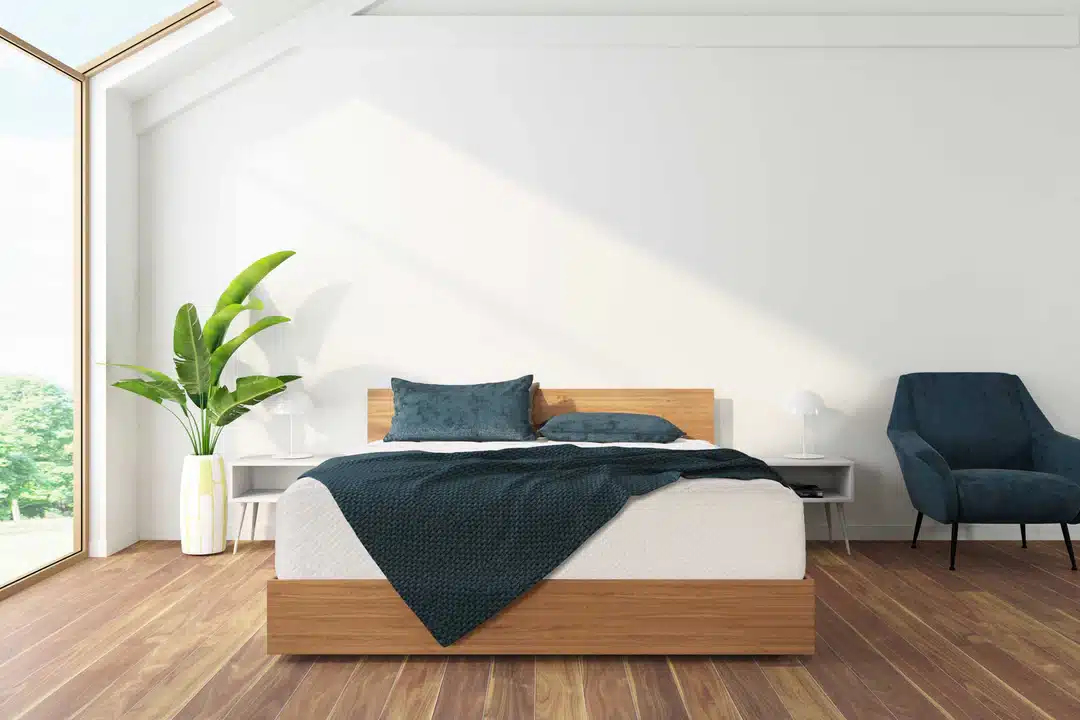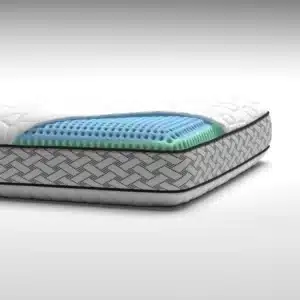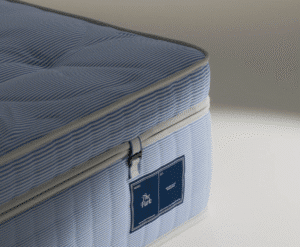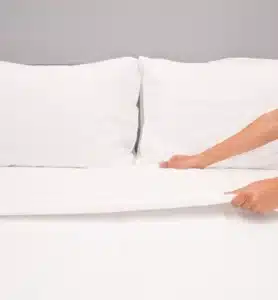Frequent Peeing at Night: Must-Have Tips for Effortless Relief
Frequent peeing at night, also known as nocturia, can be more than just a mild irritation; it can severely disrupt your sleep, affect your overall health, and diminish your quality of life. If you find yourself waking up often during the night with the urgency to urinate, understanding the causes and exploring effective solutions is crucial.
What Is Frequent Peeing at Night?
Frequent peeing at night refers to the uncontrollable need to urinate that wakes you from sleep. While occasional trips to the bathroom are common, nocturia involves waking up at least once each night, often multiple times. For many adults, this becomes problematic when it occurs two or more times a night.
Nocturia isn’t classified as a standalone condition but as a symptom signaling underlying issues. These could include sleep disorders, diabetes, or urinary tract problems. Recognizing the links between these conditions can be vital for effectively addressing your nocturia.
The Impact of Nocturia on Sleep
Frequent peeing at night interrupts your sleep cycle, preventing you from achieving the deeper, more restorative phases of rest. This disruption often leads to several negative outcomes, including:
– Excessive Daytime Sleepiness: Frequent interruptions can leave you groggy and unfocused during the day.
– Cognitive Impairment: Sleep deprivation impacts your ability to concentrate and process information effectively.
– Mood Swings: A lack of restorative sleep can trigger irritability and anxiety.
Consider the story of a 55-year-old man who struggled with nightly awakenings. Initially dismissing his condition as a mere sign of aging, he later discovered an enlarged prostate was the culprit. Treating this underlying condition not only alleviated his frequent bathroom trips but also transformed his daytime energy and mood, leading to more restorative nights and improved overall quality of life.
Common Causes of Frequent Peeing at Night
Understanding the root causes of nocturia can help you address the issue effectively. Some common causes include:
Bladder and Urinary Tract Issues
Conditions such as:
– Urinary Tract Infections (UTIs): Characterized by an urgent need to urinate, often accompanied by a burning sensation.
– Bladder Infections: Similar to UTIs, causing increased urgency and discomfort.
– Interstitial Cystitis: A chronic condition that creates bladder pressure and pain, resulting in frequent urination.
Prostate Problems
For men, prostate-related issues can significantly contribute to nocturia, including:
– Benign Prostatic Hyperplasia (BPH): An enlarged prostate that affects nearly 50% of men over 70, leading to frequent urges to urinate.
– Prostatitis: Inflammation of the prostate that can produce various urinary symptoms.
Medical Conditions
Nocturia may also stem from various medical issues, such as:
– Diabetes Mellitus: Elevated blood sugar levels can lead to increased urine production.
– Chronic Kidney Failure: Disrupts fluid balance, prompting excessive urination.
– Heart Failure: Fluid retention may cause increased nighttime urination.
Lifestyle Factors
Everyday habits can exacerbate nocturia, including:
– Fluid Intake: Consuming large amounts of fluids in the evening can trigger nighttime bathroom visits.
– Caffeine and Alcohol: Both are diuretics that heighten urine production when consumed late in the day.
– Screen Time: Exposure to blue light can interfere with melatonin production, disrupting your sleep cycle.
Some medications, particularly diuretics, can also contribute to nocturia if taken before bedtime.
Symptoms and Diagnosis
Recognizing additional symptoms linked to nocturia is vital for diagnosis. Common indicators include:
– Frequent nighttime bathroom trips
– A burning sensation during urination
– Abdominal pain
– Increased thirst
Healthcare professionals typically diagnose nocturia through a combination of tests, including:
– Urinalysis: Identifies infections or abnormalities.
– Voiding Diary: A log detailing fluid intake and output helps in understanding patterns.
– Blood Tests: Assess kidney function and blood sugar levels.
Getting an accurate diagnosis is critical for establishing effective treatment strategies.
Effective Treatment Options for Frequent Peeing at Night
Managing nocturia often requires a combination of lifestyle changes, medications, and addressing any underlying medical conditions.
Lifestyle Changes
Implementing simple adjustments can yield significant benefits:
– Limit Fluid Intake: Reduce evening fluid consumption and refrain from drinking a couple of hours before bedtime.
– Beverage Choices: Avoid caffeine and alcohol in the lead-up to bedtime to minimize bathroom trips.
– Elevate Legs: Raising your legs before bed can help reduce overnight urination.
Medications
If lifestyle changes alone do not suffice, consider medications such as:
– Anticholinergics: These can help relax bladder muscles but may have side effects.
– Desmopressin: A treatment that decreases overnight urine production, prescribed under medical supervision.
Addressing Underlying Conditions
Identifying and treating any root causes is essential for achieving lasting relief:
– Sleep Apnea Treatment: Utilizing a CPAP machine significantly improves sleep quality and can reduce nocturia.
– Prostate Management: Offering targeted treatments for BPH can provide substantial symptom relief.
– Diabetes Care: Effectively managing blood sugar levels can help mitigate related nocturia.
Frequently Asked Questions about Frequent Peeing at Night
What Does It Mean When You Pee a Lot at Night?
Frequent nighttime urination can stem from benign causes, such as excessive fluid intake, to more serious issues like bladder obstruction or overactive bladder. If lifestyle adjustments don’t help, consulting a healthcare provider is advisable.
Does Frequent Urination at Night Mean Diabetes?
Yes, frequent nighttime urination is often a symptom of diabetes due to its effect on fluid regulation. Blood sugar testing can confirm the condition and inform appropriate management strategies.
When Should I Worry About Frequent Urination?
Seek medical advice if nocturia disrupts your daily life, particularly if it’s accompanied by concerning symptoms like burning sensations, fever, or increased thirst, which may indicate infections or severe health issues.
Conclusion
Frequent peeing at night, or nocturia, can significantly undermine your quality of life and sleep. However, by increasing your awareness and proactively managing the condition through lifestyle changes and medical consultations, you can improve your well-being.
Explore options to enhance your sleep environment, such as investing in a comfortable mattress, which can have a positive impact on your rest. Don’t let nocturia dictate your nights; take action today for better sleep and brighter days ahead.


